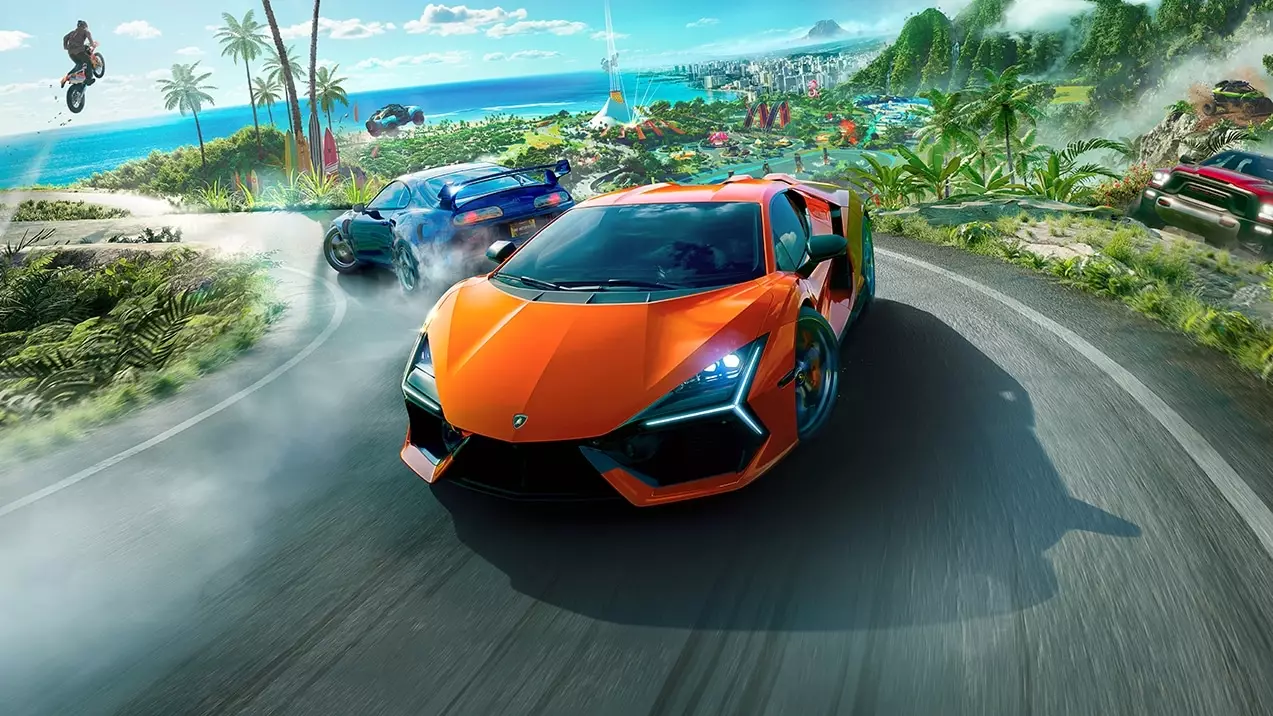In April 2024, the gaming community witnessed a significant backlash when Ubisoft announced the shutdown of the server infrastructure for The Crew, a move that rendered the game completely unplayable. Gamers who had invested their time and money into the title expressed their frustrations through vocal campaigns, with one notable initiative titled “Stop Killing Games.” This grassroots movement aimed to draw attention to the pressing issues of consumer rights and the preservation of digital media, particularly regarding games that had been delisted. This incident highlighted the growing concerns around the longevity of digital titles and the responsibilities of developers toward their players.
In response to the uproar, Ubisoft took proactive steps during a recent showcase to address these valid concerns about The Crew and its successors. The company announced plans to introduce offline modes for both The Crew 2 and The Crew Motorfest, ensuring that players will retain access to these titles regardless of online server status. Stéphane Beley, senior creative director for The Crew, emphasized their commitment to long-term game access and acknowledged the community’s apprehensions. The announcement marks a significant shift in Ubisoft’s approach to game sustainability and fan engagement.
The introduction of offline modes not only signifies a corporate responsibility to meet player expectations but also marks a pivotal moment for game preservation as a whole. Video games have evolved into cherished pieces of art and history, and their inaccessibility due to server shutdowns poses serious questions about ownership. The transition to offline capabilities ensures that players can still experience these games even as online services become obsolete, a crucial step towards safeguarding interactive entertainment for future generations.
Though the announcement is undoubtedly a victory for players, it also serves as a pragmatic business move for Ubisoft. As new titles compete fiercely in the gaming landscape, the risk of potential obsolescence may deter players from purchasing titles perceived to have a limited lifespan. By prioritizing offline play, Ubisoft not only calms the fears of existing fans but also instills confidence in prospective buyers. This strategic maneuver suggests a deeper understanding of today’s gaming community—a demographic that values both nostalgia and accessibility.
As anticipation builds among fans eager to learn more, Ubisoft’s intention to expand The Crew 2 and The Crew Motorfest into offline realms resonates with a desire to rebuild trust. The gaming community is now looking forward to detailed explanations about how these offline modes will function. Will players retain all the features that made the games enjoyable, such as vehicle customization and online tracking? The forthcoming revelations will be crucial in determining the long-term success of these titles and the franchise as a whole.
Ubisoft’s shift towards accommodating offline play is a promising sign of evolving industry practices. This commitment not only helps cement a more stable future for The Crew series but also paves the way for broader conversations about game preservation and consumer rights in an ever-changing digital landscape.

